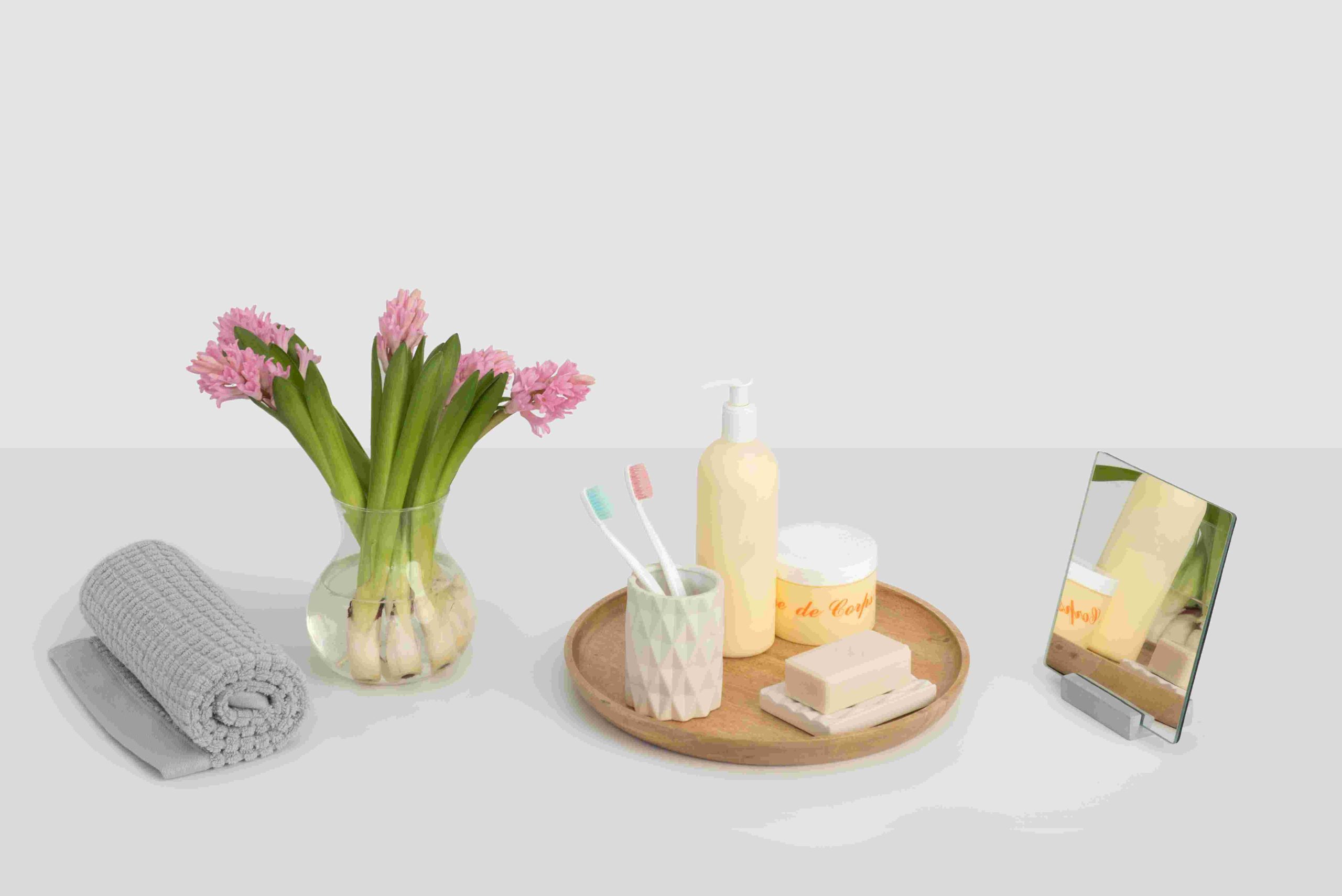Holistic Wellness for a Balanced Lifestyle
Imagine waking up each morning feeling energized, connected, and at peace with the world. This isn’t merely a dream; it’s a tangible possibility when we embrace the concept of holistic wellness. It goes beyond the traditional notions of health, which often focus solely on physical well-being. Instead, holistic wellness encourages us to consider our mental, emotional, social, and spiritual health.
A Personal Journey
Reflecting on my journey towards embracing holistic wellness, I remember a time when I was consumed by stress and anxiety. Balancing a demanding job while trying to maintain personal relationships felt overwhelming. The societal pressure to excel in every aspect of life was relentless. Yet, a pivotal moment arrived when I stumbled upon a workshop on holistic practices. This experience opened my eyes to the interconnectedness of all aspects of life. I began exploring meditation, nutrition, and even the role of community in my well-being.
Challenging Conventional Wisdom
Society often equates success with busyness, a notion that pushes many to prioritize productivity over well-being. Yet, amidst the chaos, it’s essential to question this established perspective. Why do we perceive downtime as less valuable? Could it be that we are undervaluing self-care, restorative practices, and meaningful connections? By challenging these narratives, we can begin to redefine what success truly means, advocating for balance instead of burnout.
Interdisciplinary Insights
Holistic wellness requires a multifaceted approach. Drawing on insights from psychology, we understand that mental health is as crucial as physical health. For instance, practices like mindfulness meditation improve cognitive functioning and emotional regulation. Meanwhile, philosophy urges us to explore our purpose, fostering a sense of fulfillment. Integrating technology, apps for meditation and nutrition tracking offer personalized guidance, providing individuals with the tools needed to navigate their wellness journey. Adding business strategies, companies embracing wellness initiatives see reduced employee turnover and higher productivity, proving that investing in holistic practices yields tangible benefits.
Future Trends in Holistic Wellness
The future holds exciting opportunities as the wellness industry evolves. As millennials and Gen Z increasingly prioritize mental health, corporations will likely adapt by offering more comprehensive wellness programs. More importantly, as technology advances, we’ll see more personalized solutions emerging, like AI-driven wellness coaches that cater to individual needs. Additionally, social movements advocating for mental health awareness and the importance of community engagement will reshape how we approach our holistic welfare. These trends represent a shift towards an interconnected world focused on well-being rather than isolation.
Practical Steps Towards Holistic Wellness
Adopting a holistic lifestyle may seem daunting at first, but small, actionable steps can make a significant impact. Here are some practical suggestions to get you started:
-
Mindful Living:
Incorporate mindfulness into daily routines. Start with deep breathing exercises or a few minutes of meditation each day. -
Nutrition Matters:
Focus on a balanced diet that nourishes both body and mind. Explore plant-based options and experiment with cooking to make healthy eating enjoyable. -
Physical Activity:
Find movement you love, whether it’s yoga, dancing, or hiking. Exercise should bring joy, not be seen as a chore. -
Build Connections:
Foster meaningful relationships and seek out communities that share your interests. Engage in activities that encourage social interaction. -
Continuous Learning:
Stay curious and open to new experiences. Read books, attend workshops, or take online courses to expand your understanding of wellness.
Imaginative Language as a Tool
Understanding holistic wellness can be likened to nurturing a garden. Just as a garden needs diverse plants, sunlight, water, and care to thrive, our lives require a harmonious blend of various wellness components. Neglecting one area, like mental health, can lead to an overgrowth of weeds—stress, anxiety, and burnout—that suffocate the flourishing aspects of our lives.
The Importance of Lifelong Learning
As we progress through life, the pursuit of knowledge and self-improvement should never cease. Embrace opportunities to learn from both successes and failures. Pursuing advanced studies, attending workshops, or simply engaging in conversations with diverse individuals can provide fresh perspectives and reinvigorate your approach to wellness.
Motivation to Act
Now is the time to take action. Reflect on the aspects of your life that may need attention—are there areas where you can improve your holistic well-being? Start by identifying one small change you can make this week. Whether it’s committing to a healthier meal, establishing a meditation practice, or reaching out to a friend, every bit counts. Remember that the journey towards holistic wellness is deeply personal and unique—tailor your path to suit your individual needs and circumstances.
Critical Thinking: Questioning the Norm
We must remain vigilant in questioning mainstream wellness trends. Are they driven by genuine well-being or commercial agendas? The rise of quick-fix solutions often overshadows long-term strategies for health. Engaging critically with the wellness industry empowers consumers to make informed decisions that align with their values and goals.
Circular Argument: Returning to Core Concepts
Ultimately, embracing holistic wellness is not just about individual well-being; it’s about fostering a culture that values balance and interconnectedness. By sharing stories and experiences, we can create a community that supports one another in achieving true wellness. As we reflect on our paths, we come full circle, realizing that each step towards holistic health not only transforms our own lives but also contributes to a more balanced world.










